Interdisciplinary Dialogue on Climate Change and Public Health in East Middle South District
The confluence of academia, public health practitioners, policymakers, and community stakeholders converged in a series of focused group discussions (FGDs) orchestrated by the esteemed Koneksi Research team from Udayana University. This collaborative initiative, in partnership with local researchers from media and public health centers, unfolded from March 3rd to 5th, 2024, marking a pivotal moment in addressing the intricate nexus between climate change and public health.
Diverse cohorts of participants representing stakeholders, implementers, and community voices congregated to delve into the multifaceted dimensions of climate change impacts. Noteworthy attendees included officials from the District Health Office, Agriculture Department, Disaster Management Agency, Tourism Department, Meteorology and Geophysics Agency, Fishery Department, Environmental Department, Regional Planning Agency, Academia from Health Institute, alongside esteemed leaders from three Sub-districts. Meanwhile, the implementers' cadre boasted representatives from 10 Community Health Centers (Puskesmas), while the community faction encompassed environmental NGOs, community and religious leaders, tourism practitioners, farmers' advocates, and individuals bearing the brunt of climate change's ramifications.
Mirroring successful initiatives in Denpasar and East Lombok, the event commenced with an insightful overview of research activities spearheaded by the Unud research team. This preamble laid the groundwork for vibrant discussions across three distinct groups, delving into critical themes including vulnerability assessments, policy frameworks, resource allocation dynamics, service delivery mechanisms, and innovative strategies tailored to climate change resilience. The spirited exchange of ideas within each group was artfully steered by a blend of local expertise and UNUD's scholarly acumen, fostering an environment conducive to collaborative problem-solving.
The seamless orchestration of the event owes much to meticulous preparatory endeavors, spanning instrument calibration and cohesive team alignment nurtured through rigorous online deliberations in preceding days. In addition to the intellectually stimulating FGDs, a wealth of quantitative data pertaining to climate change dynamics at the grassroots level, sourced from esteemed agencies such as Statistics Indonesia, the Environmental Department, and climatological repositories, enriched the discourse. Furthermore, illuminating insights gleaned from in-depth interviews with key policy stakeholders provided invaluable context, elevating the depth of understanding surrounding this pressing issue.
Through this interdisciplinary symphony of ideas and insights, participants collectively forged pathways towards informed decision-making and actionable interventions poised to bolster climate change resilience within East Middle South District. This scholarly exchange not only epitomizes academic rigor but also underscores a shared commitment to safeguarding public health amidst the specter of climate uncertainty.
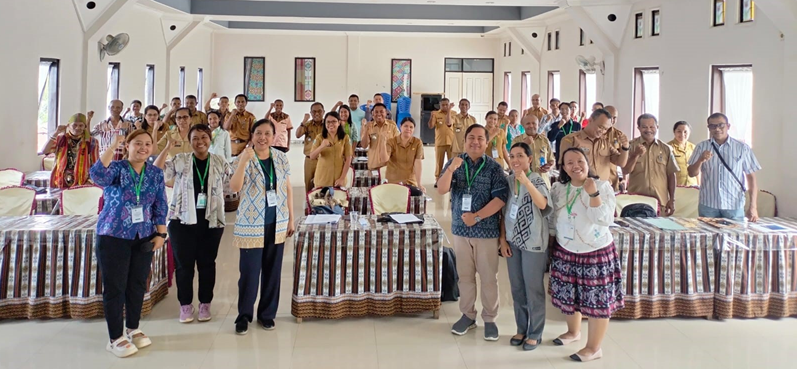

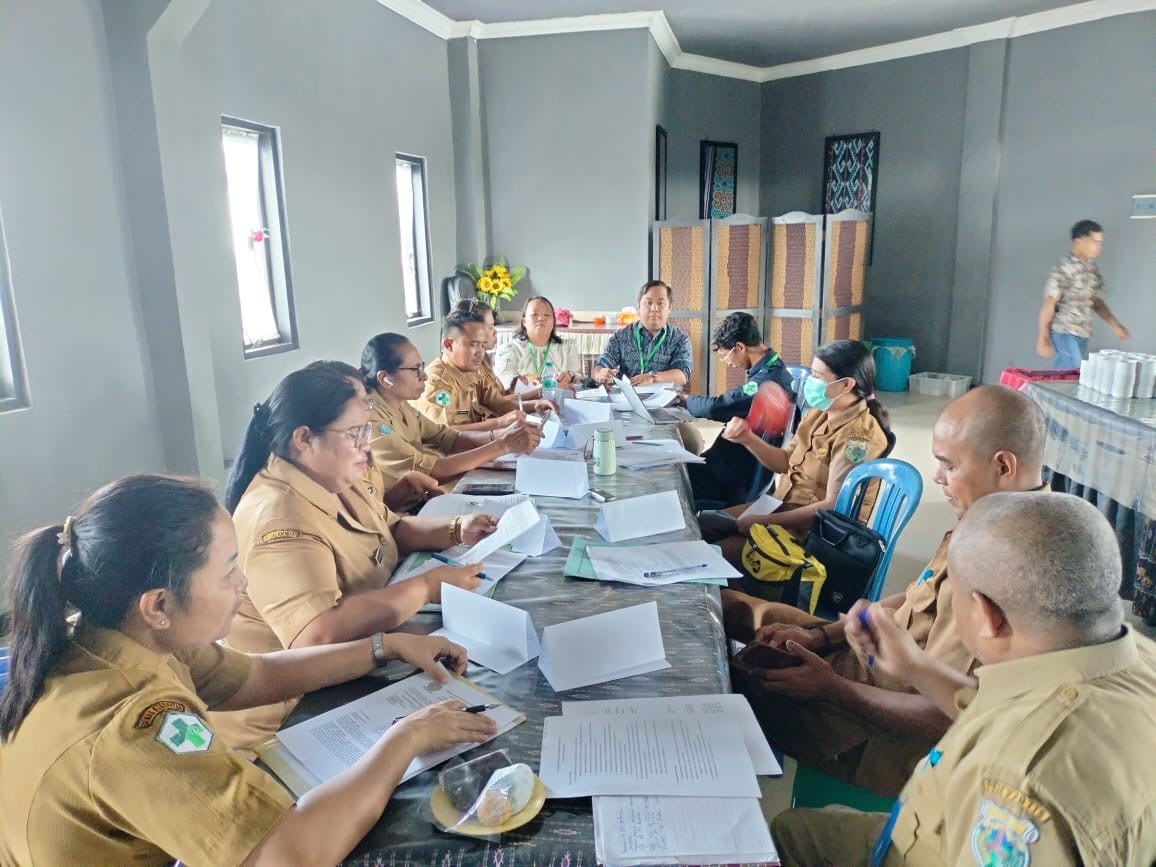
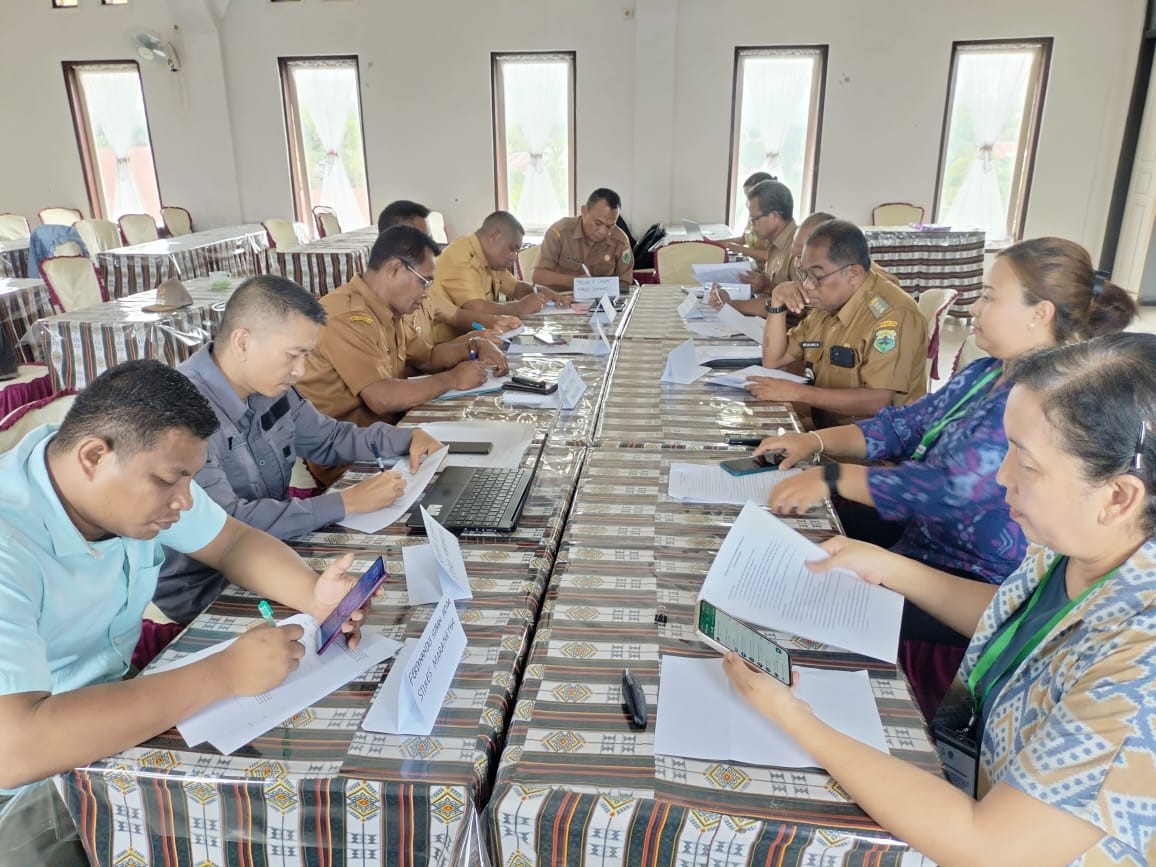
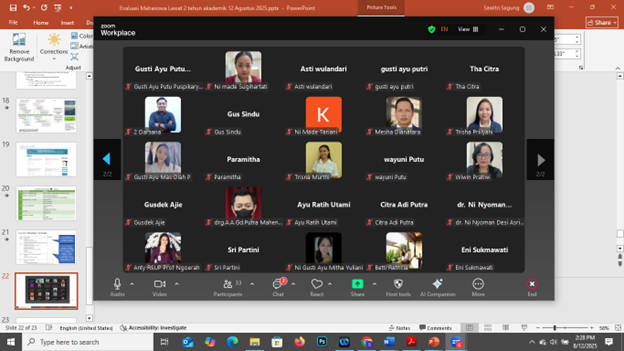

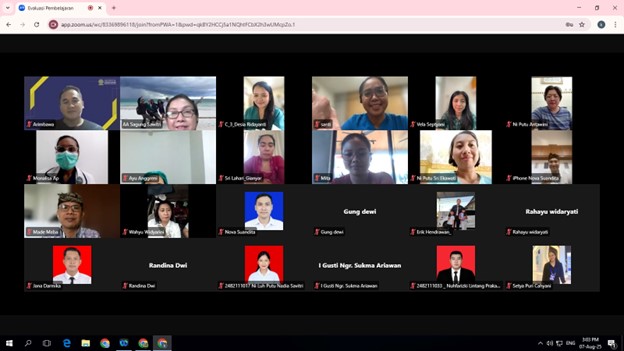
MEDICAL FACULTY